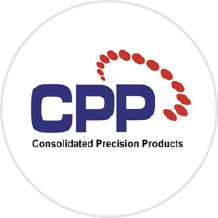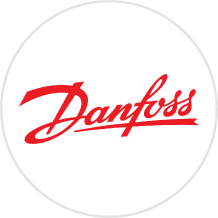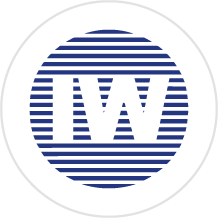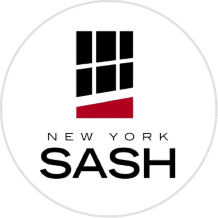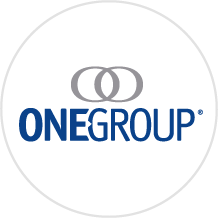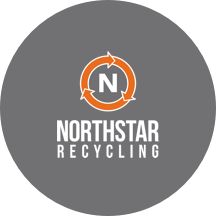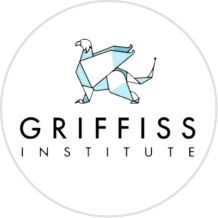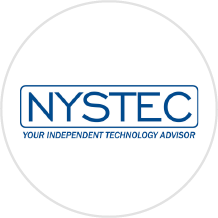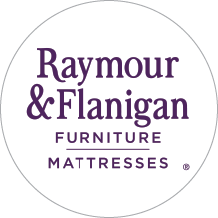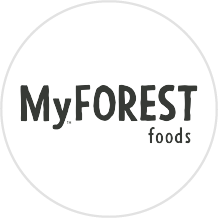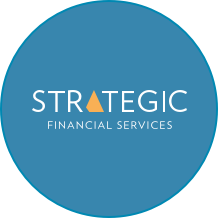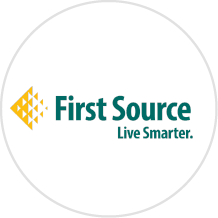 “When people clarify what matters and leverage their strengths, leaders emerge and anything is possible.”
“When people clarify what matters and leverage their strengths, leaders emerge and anything is possible.”
 “When people clarify what matters and leverage their strengths, leaders emerge and anything is possible.”
“When people clarify what matters and leverage their strengths, leaders emerge and anything is possible.”
Recently, I wrote about the need to overcome challenges at work in the drive to instigate lasting change. The dilemma of needing pain to create change or innovation and the human instinct to avoid it creates the need for compelling, visionary leadership to grow your business.
I also mentioned Taavi Katko, the former CIO of the Country of Estonia who was instrumental in creating the first “eCountry.” In a podcast featuring Taavi, “Nothing Happens Without Pain,” he illustrates his methods for using these identified pain points to achieve the seemingly unattainable.
He also warns of the certain risks in being too comfortable. During a trip to Switzerland to attend a digital conference, Taavi was asked: “How are we doing?” Taavi answered: “You’re screwed… you are too comfortable. There is no real pain that exists here.”
His question back to them was:
This is such a relevant question today. The need to grow your business is constant, but as change happens faster and faster, entire companies and industries are at risk of being disrupted and potentially becoming irrelevant. I found some interesting answers in the next podcast in the same series about lasting change, “Hungry for Change.” This podcast features LanVy Nguyen, founder of Fashion4Freedom.
Similar to pain, humans are wired to avoid being hungry. In an article I read on the BBC about hunger and the unintended consequence of overeating and eating the wrong foods:
“Hunger is our bodies’ way of driving us to find food and eat to stay alive. It is a very powerful human instinct which can compel us to extremes of behavior.”
Here is a natural human instinct that can be used, in a figurative sense, to drive real, lasting change in an organization and its service to its clients. However, like the avoidance of pain, a leader needs to overcome the instinct to actively avoid being hungry. Another leadership dilemma: how do you grow your hunger to make meaningful change and ultimately, grow your business?
As a result, she has dedicated her later career to helping others attain financial security.
In the podcast, LanVy explains that as a child she observed that everyone wants financial independence. As a result, the theory on which she built Fashion4Freedom is that we should look at every individual or family unit as a potential entrepreneur. The organization strives to urge that farming or artisan unit to identify themselves as a small business and assists them from that perspective.
As a result, they have reinvented the overseas supply chain and proved that people can maintain their communities and culture while creating a new model for the fashion and food supply industries that is ethical, scalable, and cost-effective.
In my experience working with two large public companies and a private furniture retailer, that hunger has come from two things, both coming directly from the leader of the organization:
With these visions for the future and compelling destinations, we were intensely hungry to reach our goals. Hence, “Grow your hunger, grow your business.”
According to the dictionary,
More interesting, I think, are the synonyms of the word: bighead, conceit, ego, pomposity, self-admiration, self-glory, smugness, swell headedness, self-congratulations, vanity, self-satisfaction.
Not uncommon words in many business units. If you see or feel any of these words in your team or company, the organization cannot be hungry, and it is time to step back, look inward and outward, and determine what really matters to your team and your customers. If you want to grow your business, you have to create that hunger.
Remember, disruption may not be far away.
————
For more, listen to “Hungry For Change,” Episode 4, Season 3 in the podcast One Billion (listed as number 11 on this list)
Send us a message using the form below, or email us at [email protected], or call 315-508-4370










